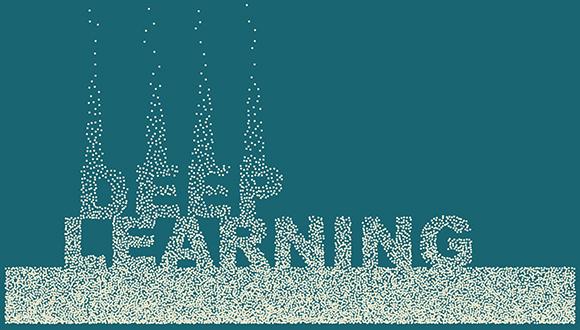Researchers: Raja Giryes (Electrical Engineering)


Research
Researchers: Prof. Amir Globerson (Computer Science), Dr. Tomer Koren (Computer Science), Prof. Yishay Mansour (Computer Science), Dr. Nadav Cohen (Computer Science), Prof. Lior Wolf (Computer Science), Prof. Raja Giryes (Electrical Engineering), Prof. Meir Feder (Electrical Engineering), Dr. Roi Livni (Electrical Engineering), Prof. Saharon Rosset (Mathematical Sciences)

Much of the recent success of AI relies on deep learning techniques. However, these remain poorly understood from a theoretical perspective.
In this project, led by Prof. Amir Globerson, we take advantage of an exceptionally strong and diverse group of TAU researchers with expertise in the field to tackle challenging questions and their practical implications.
A key aspect of this project involves forming new cross disciplinary collaborations that will be able to uncover original aspects of the core questions in this area. To this end, we held a successful two-day retreat for the faculty members in the group and their graduate students at the Elma Hotel in Zikhron Yaakov in February 2023.
Deep Learning Theory Retreat >>